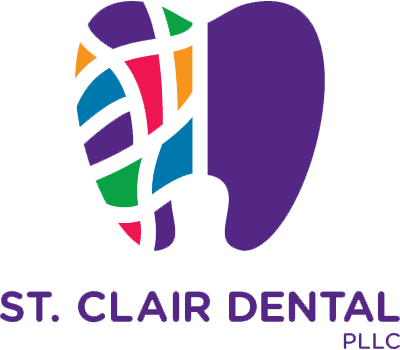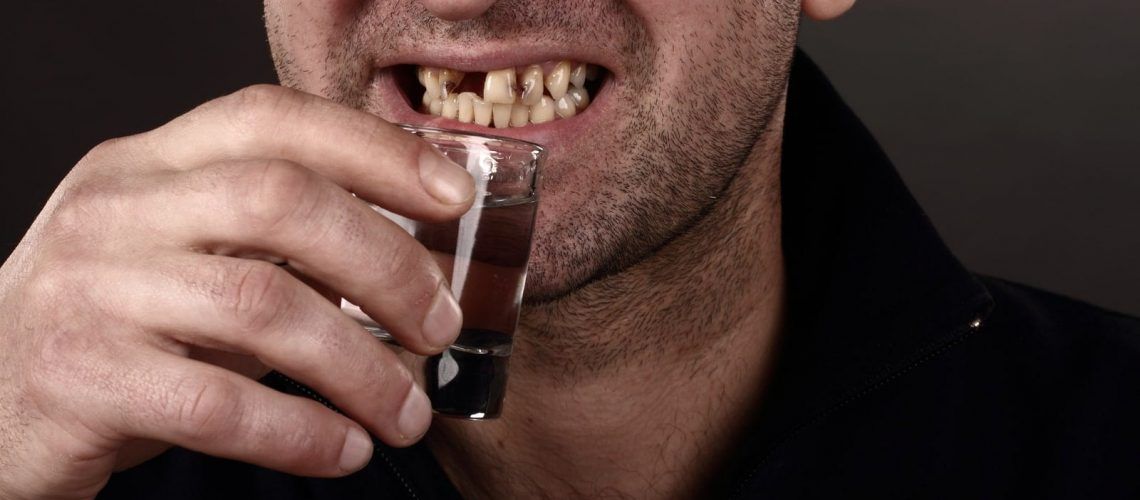Having an occasional drink once in a great while can be an excellent way to relax and enjoy your evening, but consumed on a regular basis can be disastrous to your oral health. Consuming large amounts of alcohol three to four times a week has created clear physical and psychological patterns that are more harmful than good. For your teeth and gums, alcohol combined with poor oral hygiene is not a good combination. As extensive research looks into the effects of alcohol on the body and mind, we’re here to look at these drinks’ effects on our teeth and help you have better oral health.
Alcohol Dependency, Consumption, and Cancer
For those who know how to drink alcohol, occasional drinks and drinks for celebrations can be an excellent way to spend time with friends and family. In moderation, alcohol consumption can be managed and enjoyed responsibly. However, the stages of alcoholism can occur quickly. The effects of consistent drinking are considered a biological issue rather than a moral one because it’s inheritable, and it creates a physical dependency by altering the brain’s chemistry and functioning, impacting the brain’s impulse control and decision-making process. By releasing these pleasure chemicals in response to alcohol, then it also creates a psychological dependency that’s difficult to remove and result in alcohol dependence.
As for how it affects oral health, having some form of alcohol dependency can impact our teeth and gums. These risks include:
- Cavities: The risk of developing cavities is higher for those who drink heavily due to how much sugar and refined carbohydrates are present in these drinks. This ultimately creates high plaque levels on the teeth, and when left over time, it can even lead to tooth loss.
- Dry Mouth: Individuals who drink heavily can also experience dry mouth from excessive drinking, especially when it comes to spirits. A dry mouth causes bad breathe and can increase the risk of cavities.
- Enamel Erosion: Vomiting from the result of alcohol poisoning can lead to extremely acidic and damaged teeth. Adding to drinks, such as citrus juice, will also have enough acid to damage the enamel and leave it more prone to cavities.
- Tooth Discoloration: Drinking alcohol that has a variety of chromogens, or the colors of beverages, can also make it easier for the teeth to stain. These chromogens can attach and embed themselves to the enamel, making it difficult to brush away with toothpaste, especially for teeth compromised by enamel erosion.
- Cancer: Combined with all of these effects, drinking too much alcohol can lead to oral cancer. Studies looking into the subject have found that with unhealthy behaviors, the low saliva count and higher plaque can weaken the immune system’s ability to fight off diseases and thus increase the risk of oral cancer.
Seek Professional Dental Care For Your Teeth
Having alcohol dependency can be a struggle, but know there are resources out there that can help your recovery from your addiction and have a more fulfilling life. Find local recovery programs near you to help with your addiction, and if you have any oral problems, seek an appointment with your dentist to learn more about how to care for your teeth.

